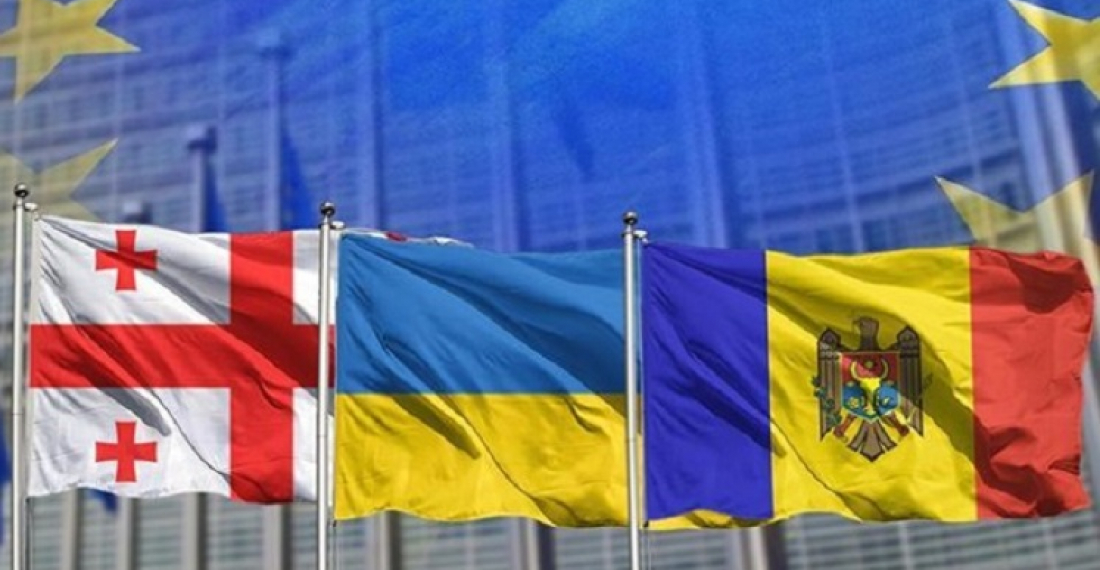In the next few days the European Commission will announce its opinion on the request of Georgia, Moldova and Ukraine for European Union candidate status. A decision will then be taken by the 27 member states in the European Council at the end of this month.
“Candidate Status” is the beginning of a journey for any country that wants to join the European Union. In the case of many successful candidates in the past, the process has often taken a decade or more. In the case of others, such as Turkey, the process does not appear to have an end in sight. In short candidate status is not an automatic ticket to EU membership, simply a political expression of the will of the applicant and of the EU to embark on the journey. This notwithstanding the EU has been increasingly hesitant to give a membership perspective to the trio. This is partly due to the so called “enlargement fatigue”, partly because there are those within the member states and the institutions who do not think Georgia, Moldova and Ukraine should be in the EU, period! These sceptics have been caught on the wrong foot by the war in Ukraine, the heroism of the Ukrainian resistance to the Russian invasion, and the decision of the trio to bring forward their request for candidate status and to ask that it be dealt with urgently.
Clearly, Georgia, Moldova and Ukraine are not ready for EU membership today, but that is not what is on the agenda now. The many challenges facing the tree countries should not be hidden under the carpet, and the political elites in Tbilisi, Chisinau and Kyiv must assume their responsibility to ensure political, economic and judicial reforms are implemented more comprehensively and more speedily. But for now, candidate status, especially in the present context, is primarily a political decision and a political statement. The EU needs to embrace these three countries and work diligently with them over the next years to prepare them for membership.
In doing so the EU will be repeating the process it had done so successfully in the 1970s and the 1980s when it welcomed the applications of Greece, Portugal and Spain, who had just emerged from the horror of fascist dictatorships and speedily opened to them the door of full membership. The EU consolidated their democracy, hugely improved the quality of life of their people and united them unequivocally in the European family. That is the sort of ambition that should prevail in dealing with Georgia, Moldova and Ukraine, and they therefore should be accorded candidate status now!






